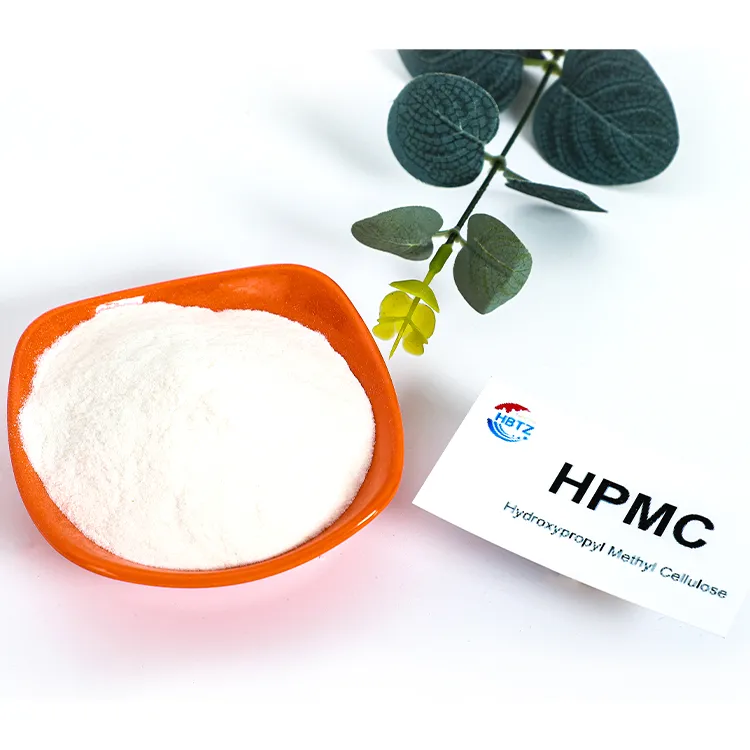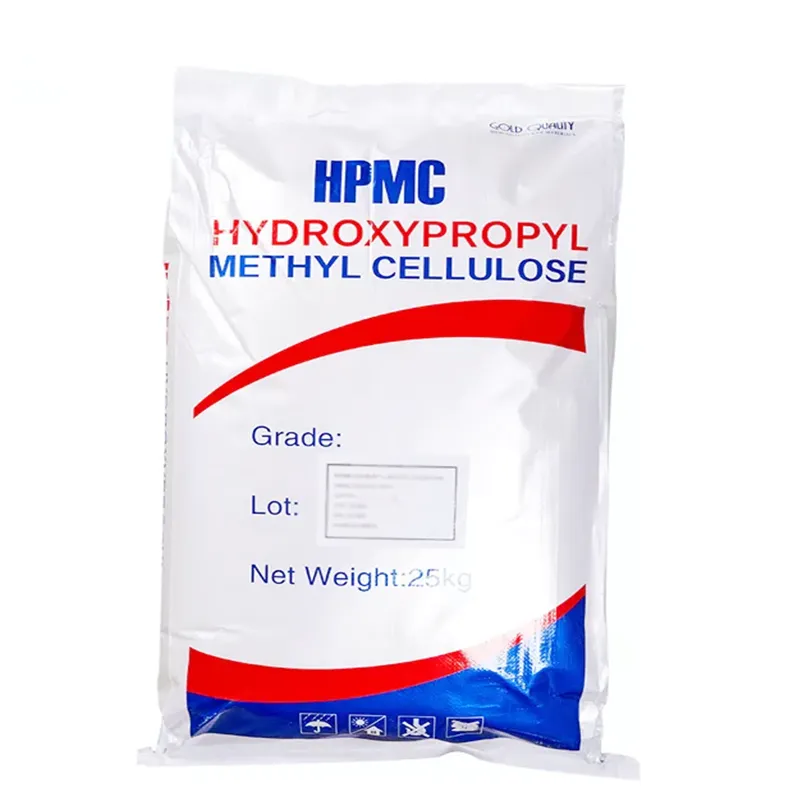
Hydroxypropyl Methyl Cellulose (HPMC)-Hebei Tangzhi Technology|Thickener&Stabilizer

HPMC 00 is a critical component in modern industrial applications, offering unparalleled versatility and performance. This article delves into the technical specifications, functional advantages, and real-world applications of Hydroxypropyl Methyl Cellulose (HPMC), while also exploring the expertise of its manufacturer, Hebei Tangzhi Technology Co., Ltd..
Product Overview
Hydroxypropyl Methyl Cellulose (HPMC) is a modified cellulose derivative with the CAS 9004-65-3 identification number. This polymer is synthesized through a chemical process that introduces hydroxypropyl and methyl groups into the cellulose backbone, enhancing its solubility and stability in both aqueous and organic environments. HPMC serves as a multifunctional additive, acting as a thickener, stabilizer, and film-forming agent across diverse industries.
Key Features and Advantages
HPMC's unique molecular structure grants it several distinct advantages:
- High Viscosity Control: HPMC can be tailored to achieve specific viscosity levels, making it ideal for applications requiring precise rheological properties.
- Thermal Stability: It maintains its structural integrity over a wide temperature range, resisting degradation under both high and low thermal conditions.
- Water Retention: HPMC enhances moisture retention in formulations, improving workability and reducing cracking in construction materials.
- Chemical Resistance: It exhibits resistance to acids, bases, and solvents, ensuring long-term performance in aggressive environments.
These properties position HPMC as a preferred choice for industries prioritizing efficiency, durability, and cost-effectiveness.
Technical Specifications
| Parameter | Specification |
|---|---|
| Chemical Name | Hydroxypropyl Methyl Cellulose |
| CAS Number | 9004-65-3 |
| Viscosity Range | 1000-100,000 mPa·s (varies by grade) |
| Moisture Content | ≤5% |
| Particle Size | 100-200 mesh |
| Appearance | White to off-white powder |
| Storage Stability | 2 years in sealed container111s |
Applications Across Industries
HPMC's adaptability has led to its widespread use in the following sectors:
1. Construction Industry
HPMC is a critical ingredient in cement-based products, such as tile adhesives and plastering compounds. Its water-retention properties improve the workability of mortars and reduce the risk of cracking during curing. For example, HPMC enhances the adhesion of ceramic tiles to substrates, ensuring long-term durability.

Hpmc package1 is designed for industrial-scale applications, offering convenient storage and transportation solutions for construction professionals.
2. Pharmaceutical Industry
HPMC is utilized as a film-coating agent and tablet binder in drug formulations. Its biocompatibility and controlled release properties make it suitable for both oral and topical medications. According to NIST (National Institute of Standards and Technology) guidelines, HPMC's molecular weight and substitution degree must meet strict criteria to ensure pharmaceutical-grade quality.
3. Food Industry
In food processing, HPMC acts as a stabilizer and emulsifier, preventing phase separation in products like salad dressings and dairy alternatives. Its non-GMO and non-allergenic nature aligns with modern food safety standards.
4. Daily Chemicals
HPMC is a key component in cosmetics and personal care products, where it enhances texture and prolongs shelf life. Its ability to form a protective film on the skin makes it ideal for moisturizers and lotions.
Company Background: Hebei Tangzhi Technology Co., Ltd.
As a leading hpmc suppliers, Hebei Tangzhi Technology Co., Ltd. has established itself as a reliable provider of high-quality HPMC products. With a focus on innovation and sustainability, the company caters to global markets, offering customized solutions for industrial and commercial applications.
Key strengths of the company include:
- Advanced Manufacturing Facilities: State-of-the-art production lines ensure consistent quality and compliance with international standards.
- Comprehensive R&D Capabilities: The company invests heavily in research to develop new HPMC grades tailored to specific industry needs.
- Global Distribution Network: Hebei Tangzhi maintains a robust supply chain, enabling timely delivery to clients worldwide.
For more information about the company's china hpmc factory and product offerings, visit their official website.
Market Position and Competitive Edge
Hebei Tangzhi Technology Co., Ltd. distinguishes itself in the hpmc price market through its commitment to quality and customer-centric approach. By leveraging its expertise in cellulose chemistry, the company provides cost-effective HPMC solutions that meet the evolving demands of industries such as construction, pharmaceuticals, and food.
Conclusion
Hydroxypropyl Methyl Cellulose (HPMC) is a versatile polymer with transformative applications across multiple sectors. Its unique properties, combined with the expertise of manufacturers like Hebei Tangzhi Technology Co., Ltd., ensure that HPMC remains a cornerstone of modern industrial processes. Whether you're seeking hpmc buy or hpmc for sale, Hebei Tangzhi offers reliable, high-performance solutions tailored to your needs.
References
NIST (National Institute of Standards and Technology). (n.d.). Chemical Safety Data Sheets. Retrieved from https://www.nist.gov/
-
Reliable Powdered Cellulose Supplier: Quality, Sustainability & InnovationNewsNov.24,2025
-
Find Trusted Microfibrillated Cellulose Suppliers for Sustainable Industrial SolutionsNewsNov.24,2025
-
Leading Methocel Suppliers: Quality, Innovation & Sustainability in Methylcellulose SupplyNewsNov.23,2025
-
Reliable Hydroxyethylcellulose Suppliers for Industry & Sustainability | Tangzhi HPMCNewsNov.23,2025
-
Top Ethyl Cellulose Supplier – Quality, Sustainability, and Industrial SupportNewsNov.23,2025
-
Trusted CMC Powder Suppliers for Food, Pharma & Industrial Use | Tangzhi HPMCNewsNov.22,2025





















